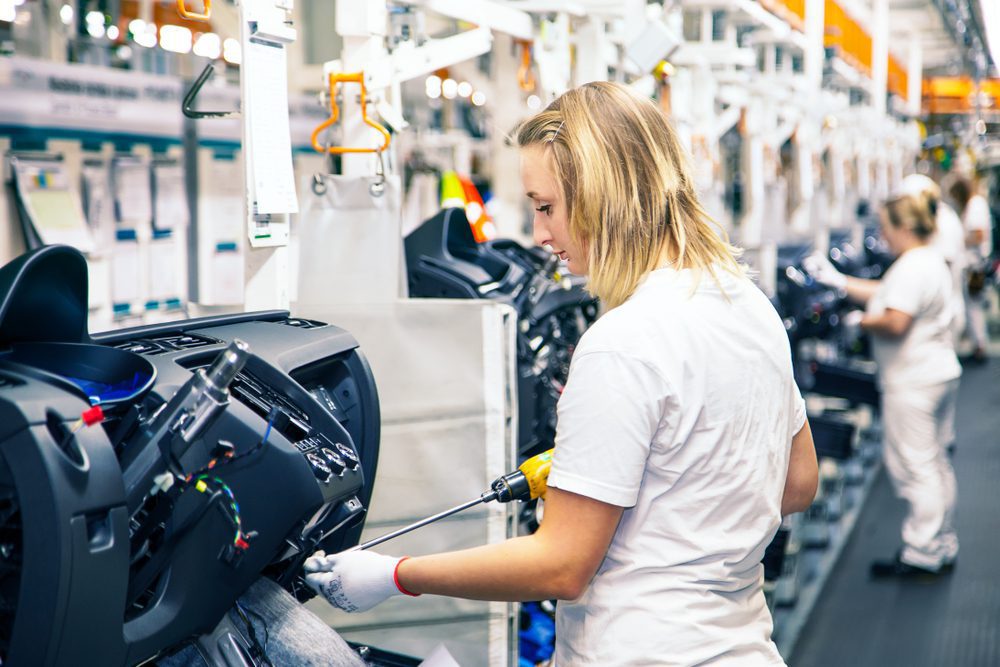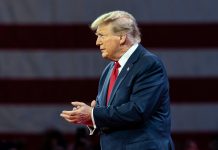New car and used car inventories are strained for many dealerships across North America and many other markets worldwide. The chip shortage has put carmakers in a tough spot, although the chips are starting to flow to factories. But it will be months until stock is replenished on dealership lots and retailers are definitely feeling the pinch.
For decades, a tool that’s been available to dealers has been largely unused: factory orders. Even though it’s continued to be a popular option for European buyers all along, dealerships on American soil have barely made use of it aside from the most discerning deals with particular buyers.
Can your store make use of factory orders to alleviate inventory pressure? And more importantly, will customers participate in the practice?
Benefits of factory orders evident
Historically, customers in the US have gravitated toward immediate gratification provided by purchasing in-stock vehicles. Almost every salesperson knows that in-stock vehicles aren’t a perfect fit for most buyers; rather, they make do with the closest model and trim for their needs that they can find already on the ground.
Factory orders solve a few issues. Primarily, a factory order ensures the customer gets precisely what they want. Satisfaction with their vehicle is higher since they have all the features they’ve chosen personally and none of the ones they don’t want or need. Ford is even offering customers a Bonus Cash Offer for ordering rather than immediate delivery.
Secondly, the customer claims ownership before they ever lay eyes on the vehicle. In their mind, they’ve already bought a car, even when it’s still weeks away from delivery and their financing payments haven’t started.
Thirdly, dealerships can have a sense of trade-ins that will be arriving in the future. It allows salespeople to line up clients for the incoming trades when their factory order arrives.
And of course, there’s the stability afforded by keeping more new cars on the lot. There’s no illusion that every car buyer will order their car ahead of time, but converting a portion of sales to factory orders can help keep a few extra units on the lot before it’s totally bare.
For those who worry about customers who abandon ordered vehicles, it’s far less common than you’d expect. With a healthy deposit in hand, credit approval secured, and the customer’s vehicle search all but ended, dealers can rest assured they won’t be flooded with oddball orders that have to be retailed somehow.
Is it a process customers will engage in?
According to Ben Robertattio, VP at ad agency Foy Linnihan and former Porsche dealership staff, the factory ordering process benefit the customer experience. He said in a WardsAuto interview, “There’s a huge potential for it … Historically, we haven’t seen it much with mainstream vehicles. But I think dealers are ready to embrace it. It’s like building a house; so many things are customized.”
At the Porsche dealership where Robertattio worked, around 40% were factory orders, showing that engagement can be quite high.
Much of the process involves promoting the benefits of a factory order over taking a vehicle home the same day. Rather than convincing the car buyer to ‘level up’ to the next trim and potentially regretting buying too much car, the shopper is able to choose exactly the features they find important – within certain limitations – so long as they’re willing to wait a handful of weeks to get their car.
It won’t be an option that many clients entertain, but for those that do, expect their vehicle and dealership satisfaction to be higher.
Did you enjoy this article from Jason Unrau? Please share your thoughts, comments, or questions regarding this topic by submitting a letter to the editor here, or connect with us at newsroom@cbtnews.com.
Be sure to follow us on Facebook and Twitter to stay up to date or catch-up on all of our podcasts on demand.
While you’re here, don’t forget to subscribe to our email newsletter for all the latest auto industry news from CBT News.










